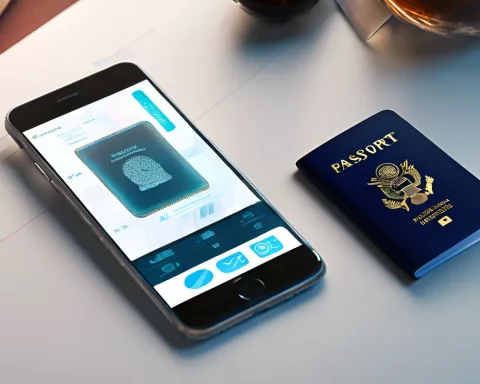Proper identification is a fundamental right that every citizen should have. It verifies an individual’s nationality and provides access to essential services such as healthcare, education, and voting. However, the Thabo Bester case demonstrates the severe consequences of not having identification and the need for accessible and efficient processes for obtaining it.
Legal Mandate for Identification in South Africa
In South Africa, the Identification Act of 1997 makes it mandatory for citizens to obtain identity cards by age 16. However, many people like Thabo Bester fail to apply for identification due to various reasons such as lack of awareness, financial constraints, or bureaucratic hurdles.
Severe Consequences of Not Having Identification
Not having proper identification deprives individuals of their basic rights and makes them vulnerable to exploitation. For example, Thabo Bester’s lack of identification caused him to be detained in a foreign country for several years, facing deportation and potential statelessness.
Collaboration with Correctional Services
The case of Thabo Bester( also highlights the situation of inmates in correctional facilities who do not possess identification. In such instances, conducting background checks becomes challenging, and it becomes challenging to ensure that the inmates are not a security threat. Therefore, the DHA’s collaboration with the Department of Justice and Correctional Services to issue identification cards to such inmates is crucial to maintaining national security.
Raising Awareness and Streamlining the Process
The Thabo Bester case underscores the need to raise awareness about the importance of identification and make obtaining identity cards more accessible and streamlined. In addition, the government should take proactive measures to reach marginalized communities and provide them with the necessary support and resources to obtain identity cards.
In conclusion, the Thabo Bester case highlights the critical role of identification in upholding national security, protecting individual rights, and fostering social inclusion. Therefore, it is crucial that citizens take responsibility for obtaining identification, and the government takes measures to make the process more accessible and efficient. Having proper identification is a fundamental aspect of being a citizen of a nation, and every effort must be made to ensure that it is available to all.












